New Mexico
10 Unique Wildlife Species That Thrive Across New Mexico’s Wild Terrain
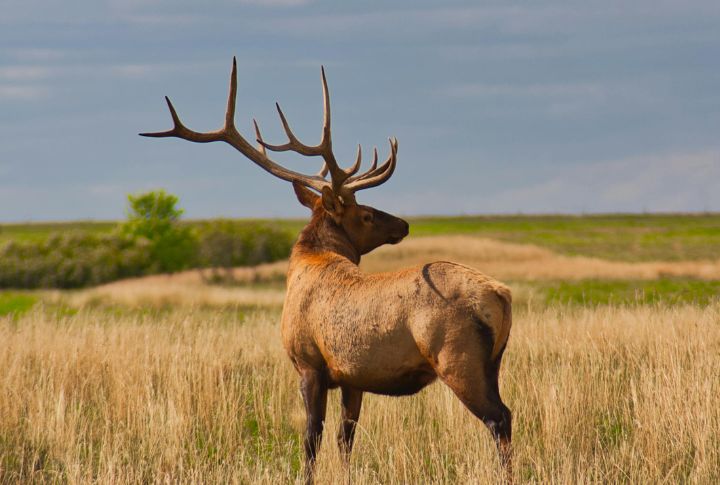
New Mexico’s wild terrains, ranging from sunbaked deserts to alpine peaks, support an impressive variety of animal life. It’s a state where rare predators, rugged survivors, and colorful birds coexist in some of the most dramatic habitats in North America. Here are ten species that stand out for their uniqueness and vital roles in local ecosystems.
Mexican Gray Wolf
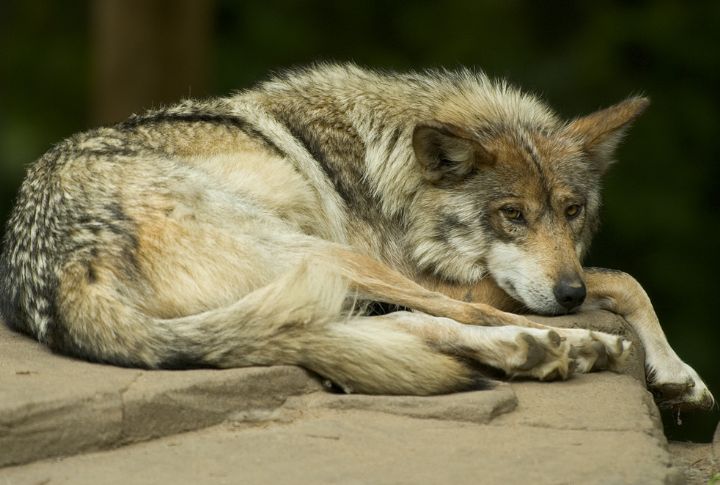
The Mexican gray wolf was once endangered, but now survives in the wild corners of southwestern New Mexico. Reintroduced in 1998, this subspecies is the rarest type of gray wolf in North America. With fewer than 250 individuals roaming free today, sightings are most common near the Gila National Forest’s remote woodlands.
Roadrunner
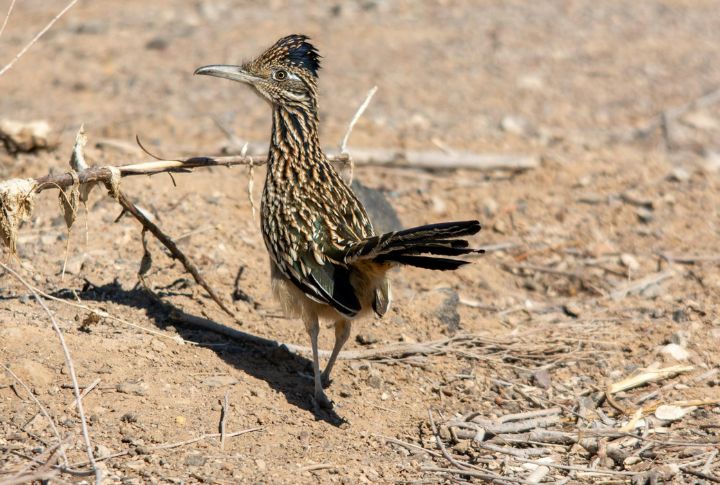
Darting through dusty scrubland at up to 26 miles per hour, the greater roadrunner is one of the state’s most iconic birds. It hunts everything from insects to small snakes, including venomous species. You’re likely to spot one along desert trails or roadside fences in areas like Bosque del Apache.
Apache Trout
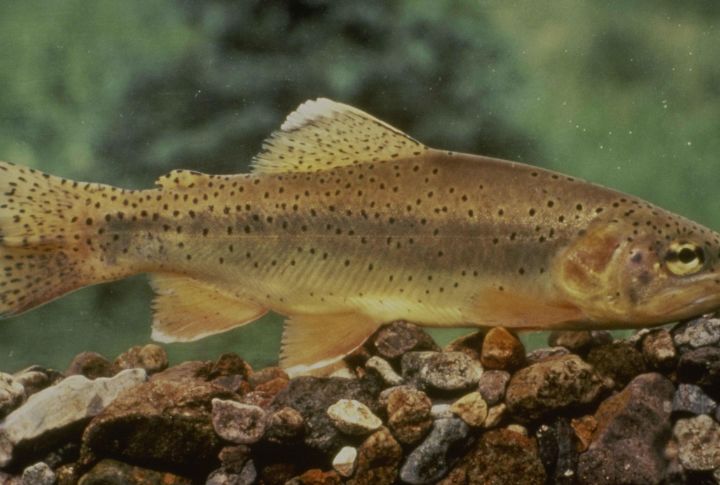
Bright yellow flanks and dark spots set the Apache trout apart in mountain streams. This federally threatened fish is native to high-altitude waters above 6,000 feet and is protected through active habitat restoration. Conservation measures aim to protect this distinctive native fish, ensuring its survival in high-altitude waters for future generations.
Elk
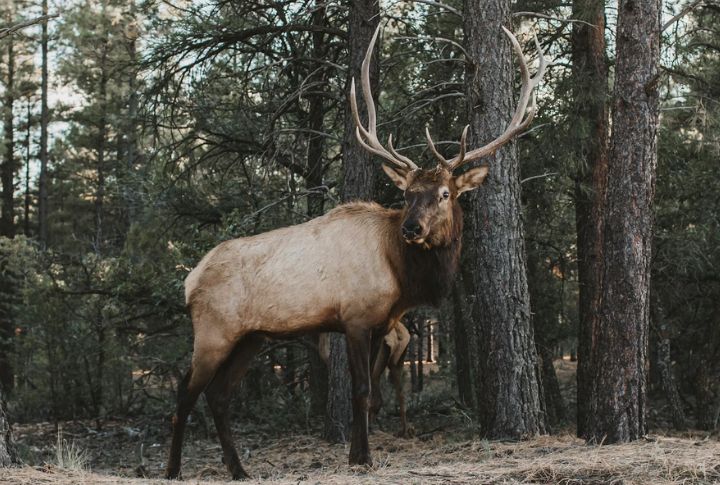
These towering bulls with massive antlers dominate northern meadows each fall. They were reintroduced in the early 1900s and now thrive in areas like the Valles Caldera and Carson National Forest. Males can weigh more than 700 pounds, and their bugling calls echo during the autumn mating season.
Horned Lizard
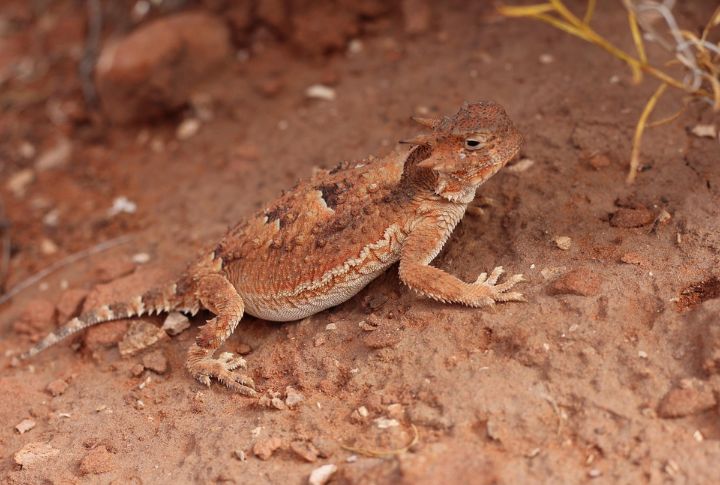
Flattened and camouflaged, the horned lizard blends effortlessly into desert terrain. The reptile is famous for its defensive behavior of squirting blood from its eyes when threatened. It is found throughout the south, feeds mainly on ants, and thrives in arid regions like the Chihuahuan Desert and Organ Mountains.
Black Bear
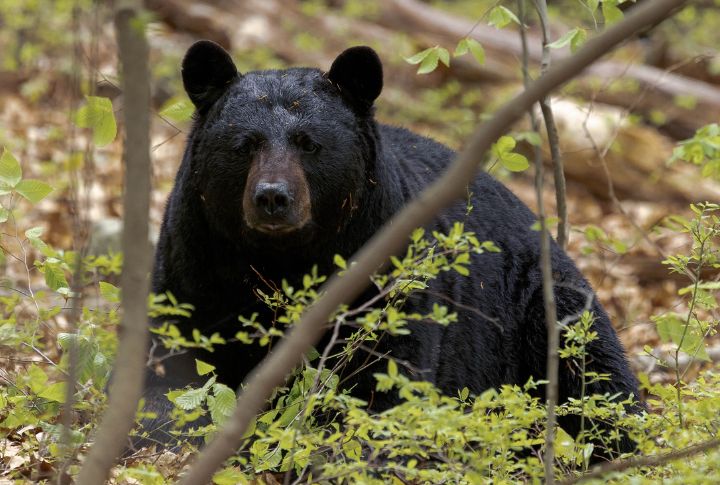
Despite their name, black bears in New Mexico often sport cinnamon, brown, or even blond coats. They live mainly in the forested mountains, including the Sangre de Cristo and Sacramento ranges. In preparation for winter, these omnivores consume thousands of calories a day, with pinon nuts and berries as seasonal favorites.
Rio Grande Cutthroat Trout
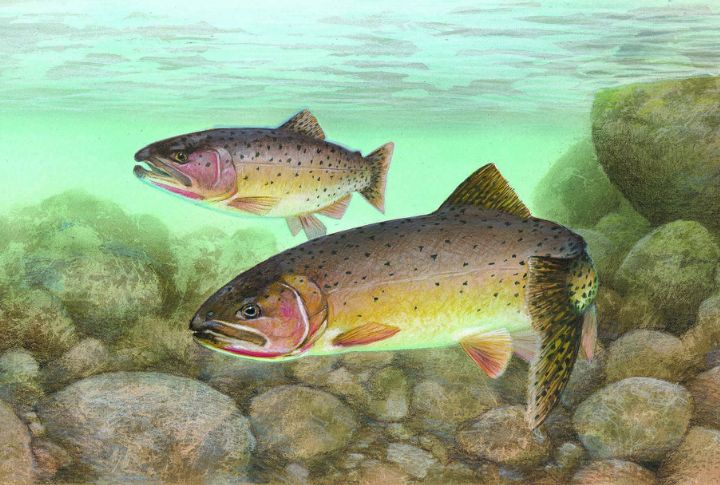
Holding the title of New Mexico’s state fish, the Rio Grande cutthroat trout lives in the high-altitude streams in the Jemez Mountains. Its vivid red-orange throat slash makes it easy to identify. Anglers pursue it in remote headwaters like the Rio de las Vacas and Rio San Antonio.
Mountain Lion
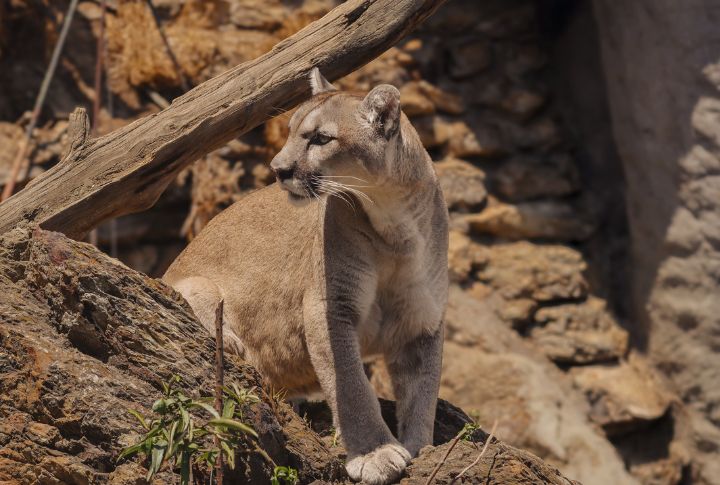
The mountain lion is rarely seen but widely present, roaming New Mexico’s forests and deserts. Adults weigh about 150 pounds and require vast territories, sometimes over 100 square miles. Paw prints or scraped ground, common in remote areas like the Gila and Carson National Forests, indicate their presence.
Burrowing Owl
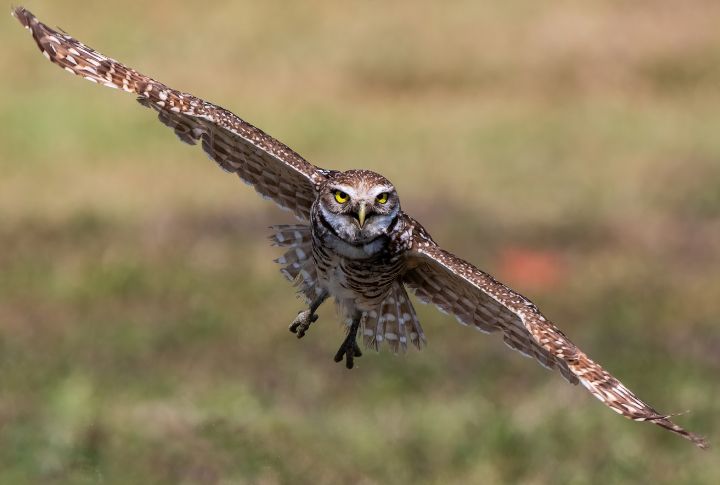
Unlike most owls, this small raptor lives underground, taking over abandoned prairie dog burrows in New Mexico’s grasslands. Active during the day, it feeds on insects, rodents, and small reptiles. You can spot it near Roswell or Las Vegas National Wildlife Refuge during summer when it nests and raises its chicks.
Collared Peccary (Javelina)
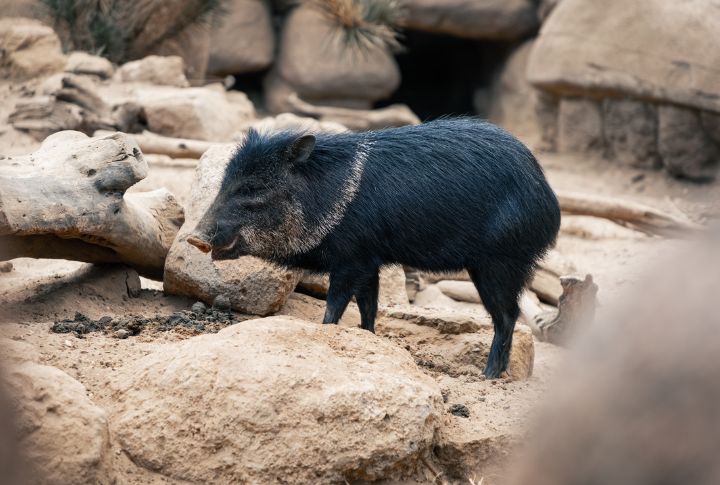
With its pig-like snout, coarse fur, and sharp tusks, the collared peccary is frequently mistaken for a wild boar. In truth, it’s a distinct native species with unique behaviors. Often found in small, noisy herds, these tough desert foragers roam southern New Mexico’s scrublands, particularly around the Big Hatchet and Animas Mountains.

